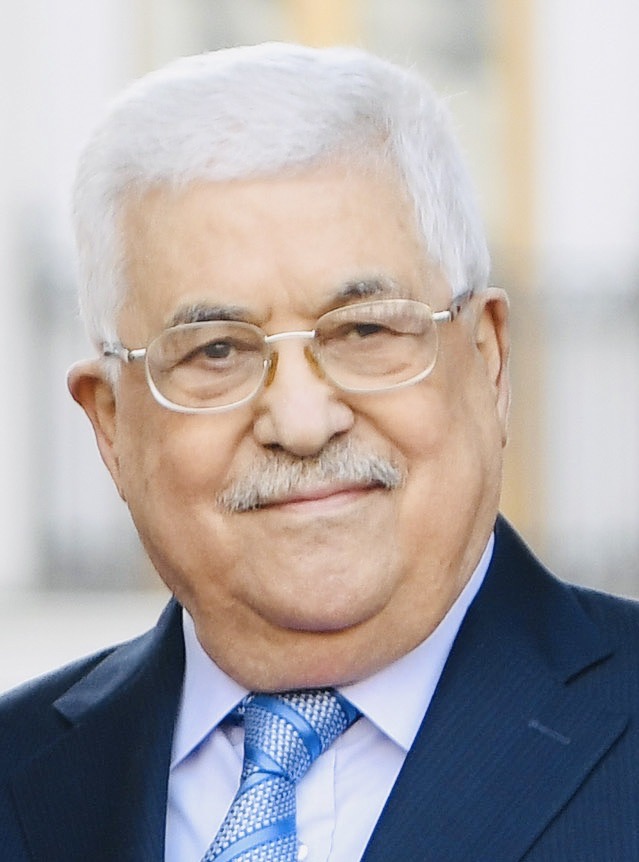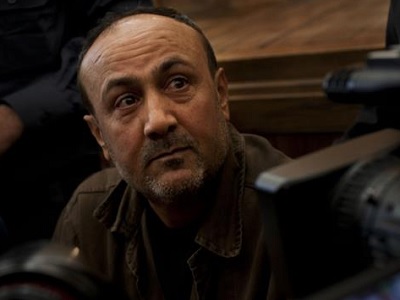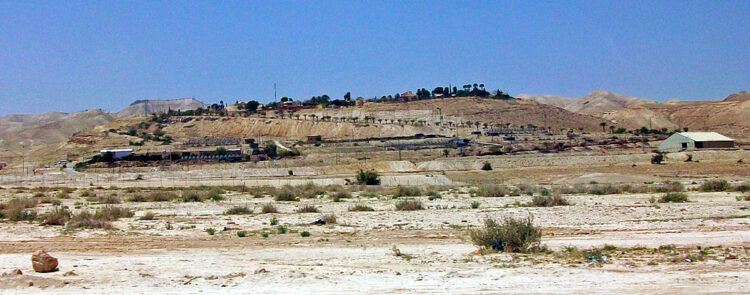Palestinians in the West Bank have soured on the notion of a two-state solution, says a prominent Palestinian researcher and student of the Arab-Israeli dispute.
Palestinian public opinion has hardened against Israel to such a degree in recent years that only one-third of Palestinians endorse such an outcome, according to Khalil Shikaki, the director of the Palestinian Center for Policy and Survey Research in Ramallah.
Twenty years ago, 80 percent of Palestinians favored a two-state solution, said Shikaki, who presented his findings during a webinar earlier this month sponsored by JSpace Canada, a liberal pro-Israel Jewish organization based in Toronto.
The mood that grips Palestinians today is so grim that 64 percent back armed struggle against Israel. They are mainly driven by anger, resentment and frustration rather than by ideological and religious fervor, noted Shikaki, a political scientist who has taught at Brandeis University and the University of Michigan.
However, the majority of Israeli Arabs, the descendants of Palestinians who stayed in Israel after the outbreak of the first Arab-Israeli war in 1948, overwhelmingly support a two-state solution, he noted.
In his view, the most militant Palestinians are between the ages of 15-25. Some have joined small armed groups, such as the Lion’s Den, that have battled the Israeli army of late. Their recruits tend to be secular nationalists rather than Islamic fundamentalists supportive of Hamas, which has ruled the Gaza Strip since 2006.
Shikaki, born in Gaza in 1953, is the son of Palestinian refugees who left their home near the Israeli town of Rehovot in 1948.
His older brother, Fathi, a physician, was the founder of Islamic Jihad, which opposes Israel’s existence. He was assassinated in Malta in 1995 by the Mossad in retaliation for a suicide bombing that killed 21 Israeli soldiers in Beit Lid in January of that year.
By his reckoning, Palestinians in the West Bank have grown more militant due to a convergence of circumstances and events.
They are fed up with the corruption, lack of accountability and authoritarianism of the Palestinian Authority, the governing body in West Bank since the 1993 Oslo peace process. They resent that PA President Mahmoud Abbas has not called an election since his term of office ended 14 years ago.

In Shakaki’s estimation, the most popular Palestinian political figure today is Marwan Barghouti, who is currently serving a life sentence in an Israeli prison on charges of terrorism. Seventy two percent of Palestinian youths polled by Shakaki would vote for Barghouti in an election.

They are also upset that the PA is willing to negotiate with Israel, even as Jewish settlers run amok and the Israeli government provocatively expands its web of settlements in the West Bank, methodically consolidates its occupation, rejects a two-state solution, and mounts anti-terrorist raids into Palestinian towns and refugees camps.

Only 20 percent of Palestinians believe the PA should enter into peace negotiations with Israel. The vast majority claim there is no partner on the other side, an opinion shared by many Israelis about the Palestinians.
As a result, the PA lacks credibility and legitimacy in the eyes of a considerable number of Palestinians. “There is deep frustration with the Palestinian political system,” he said.
There are three main competing ideas in the West Bank today.
While 33 percent of Palestinians still support a two-state solution, they have grown increasingly disillusioned about this prospect since the formation of Prime Minister Benjamin Netanyahu’s far right-wing government late last year.
A similar proportion of Palestinians are in favor of a single binational state with equal rights for all its citizens.
Approximately 20 percent of Palestinians call for an Islamic state in all of Israel, the West Bank and Gaza, a concept promoted by Hamas. Support for this option is on the rise, accelerated by a sense of pessimism and gloom and a belief that the conflict cannot be resolved by diplomatic means.
This dire situation could be reversed if the PA agreed to call democratic presidential elections and if Israel halted settlement expansion in the West Bank and expressed a desire to engage in peace talks on the basis of a two-state solution, he said.
Shakaki believes the Palestinians should enter the Abraham accords, which emerged in the summer of 2020 when Israel normalized relations with the United Arab Emirates, Bahrain, Morocco and Sudan.
He is skeptical of people-to-people programs, which are financed and operated by Western counties to foster understanding between Israelis and Palestinians. These programs will remain ineffective as long as Israel and the Palestinians cannot resolve their differences and the status quo festers.
